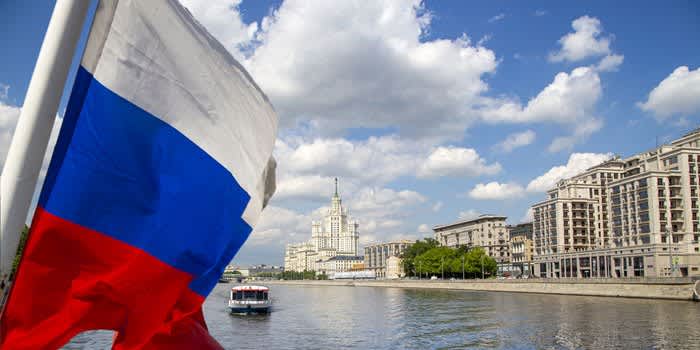The economic sanctions imposed on Russia following the invasion of Ukraine have forced the country to explore alternatives to maintain its international trade relations. Among these measures, barter has emerged as a key strategy, allowing the direct exchange of goods without relying on money, thereby circumventing international financial restrictions.
The Return of Barter
With banking transactions constrained by Western sanctions, the Kremlin has actively promoted barter as a solution. Russia’s Ministry of Economic Development has published a guide to facilitate such agreements, including contract templates and methods for evaluating the value of exchanged goods.
Barter not only provides a practical solution to economic volatility but also sustains international trade in times of crisis.

Representative Cases
Recent agreements highlight the effectiveness of this strategy:
- Astarta Agrotrading and Pakistan:
The Russian agricultural company has negotiated the exchange of chickpeas for rice and tangerines with Pakistan. Such agreements enable both nations to access necessary goods without relying on international banking systems. - Cooperation with China:
In August 2024, Russia and China resumed bartering in key sectors like metals and agricultural products. These exchanges strengthen economic cooperation between the two countries and reduce reliance on Western financial systems.
Challenges of Barter
Although effective in certain scenarios, bartering faces significant challenges:
- Valuation of Goods:
Determining the fair value of exchanged products can be complex, especially for high-value or intricate goods. - Quality Assurance:
Ensuring consistent quality of exchanged items introduces uncertainties in agreements. - Limitations on Key Imports:
Some sectors, such as machinery or essential raw materials, still depend on international currencies, restricting barter’s applicability. - Risk of Tax Evasion:
Experts warn of barter being used to evade taxes, which could further destabilize Russia’s economy.
Future Prospects
Russia’s adoption of barter represents a direct response to a challenging economic environment. However, the strategy’s long-term effectiveness will depend on the country’s ability to manage associated challenges and the future evolution of international sanctions.
For now, this trading model revives an ancient practice adapted to a modern world shaped by financial restrictions.